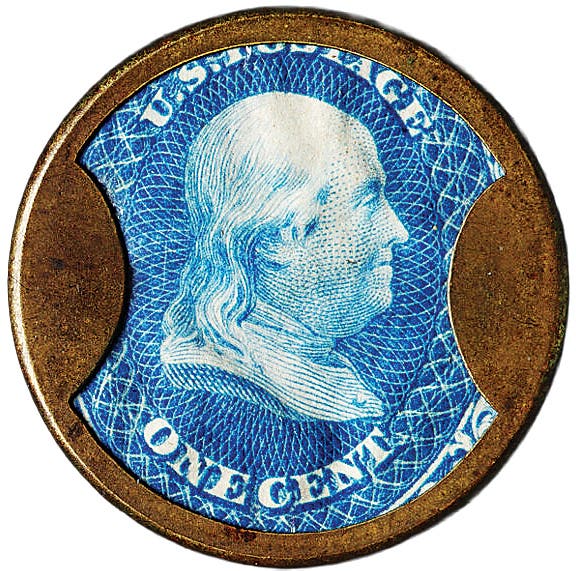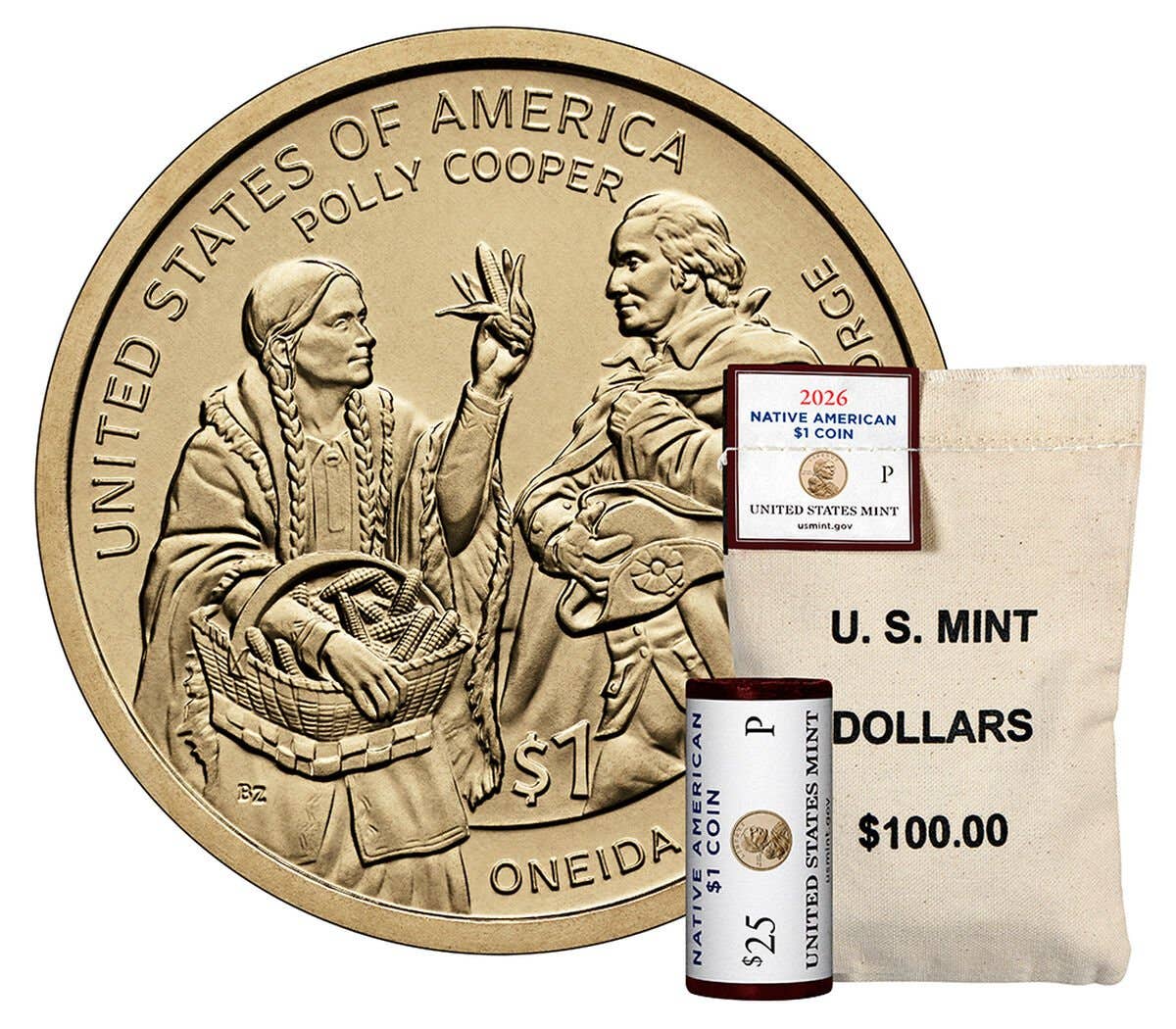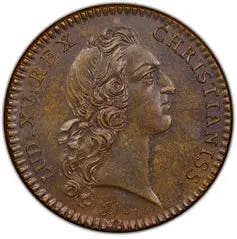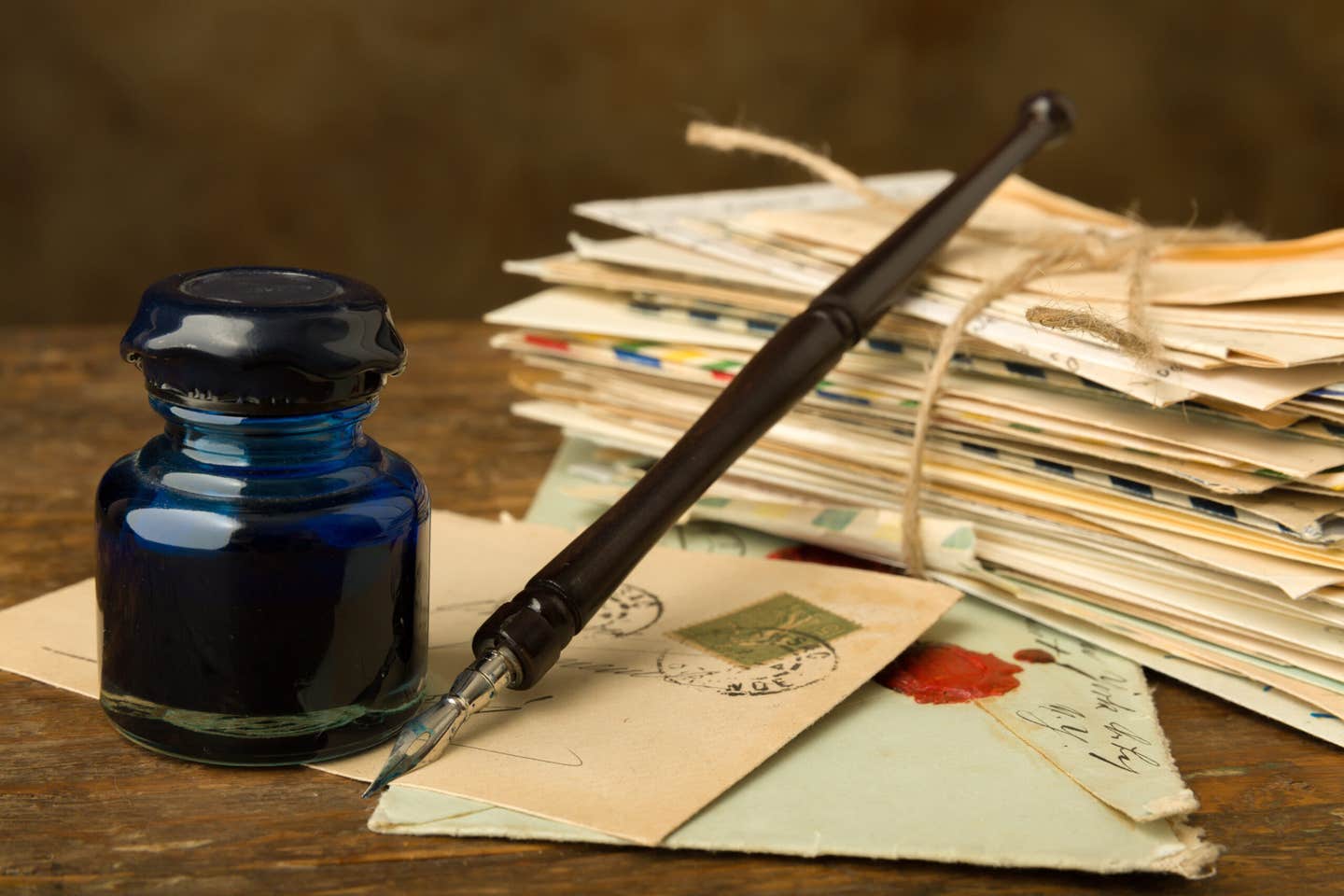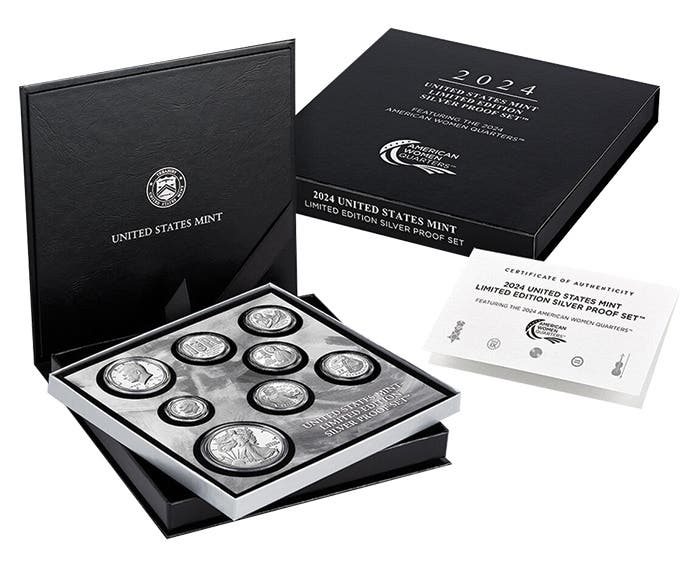Viewpoint: Most coin alterations are ‘doctoring’
The Professional Numismatists Guild’s definition of coin doctoring as defined in the May 8 issue of Numismatic News is pretty much on target.
By: Gregory Kipp
The Professional Numismatists Guild’s definition of coin doctoring as defined in the May 8 issue of Numismatic News is pretty much on target.
In the end, what it seems to come down to is that there are certain things that can be done to a coin under the purview of “coin conservation,” (which I will leave to the experts to define), and everything else is coin doctoring.
Point No. 1 of the PNG’s definition even includes alterations to existing coins in ways that most collectors would consider outright counterfeiting. There isn’t much left once one engages in that level of fraud.
Point No. 2 covers the issue of using dilute solvents, which may still cause some confusion. Just who is a “qualified professional?” Can collectors dip their coins? Can dealers? Or perhaps only licensed coin conservationists? I’ve seen coins that have been over-dipped and the result is not pretty. The coin grading service I use has, in the past, bagged coins I’ve sent them if they are dipped. Is this all changing now?
Personally, I’m not necessarily against a single dipping of a badly tarnished silver coin if that coin is then sealed and preserved in a collection. Dilute acids are probably also used in spot removal or for other purposes on various coins. But use of these acids, if not deemed an acceptable coin conservation practice, is coin doctoring as original atoms of metal are removed from the coin. Perhaps most important to the industry, logic dictates that applying these acids solely to improve a coin’s appearance for sale is clearly coin doctoring.
Regarding Point No. 3 of the definition, consider the following. If I let a coin sit on my shelf exposed to the ambient environment, it may become toned over time. Would this technically be considered coin doctoring? The answer appears to be yes, given a literal reading of the definition. Most coins are exposed to the environment at some time in their history. For any given coin, it is likely to be difficult to determine under what circumstances this occurred. This uncertainty shouldn’t be a big problem since leaving most coins out in the open probably won’t improve their appearance.
But, in the end PNG may just have to accept that any coin which has been changed solely by exposure to the ambient environment has not been doctored.
This Viewpoint was written by Gregory Kipp, a hobbyist from Santa Rosa, Calif. Viewpoint is a forum for the expression of opinion on a variety of numismatic subjects. The opinions expressed here are not necessarily those of Numismatic News.
To have your opinion considered for Viewpoint, write to David C. Harper, Editor, Numismatic News, 700 E. State St., Iola, WI 54990. Send email to david.harper@fwmedia.com.
More Coin Collecting Resources:
• Subscribe to our Coin Price Guide, buy Coin Books & Coin Folders and join the NumisMaster VIP Program




